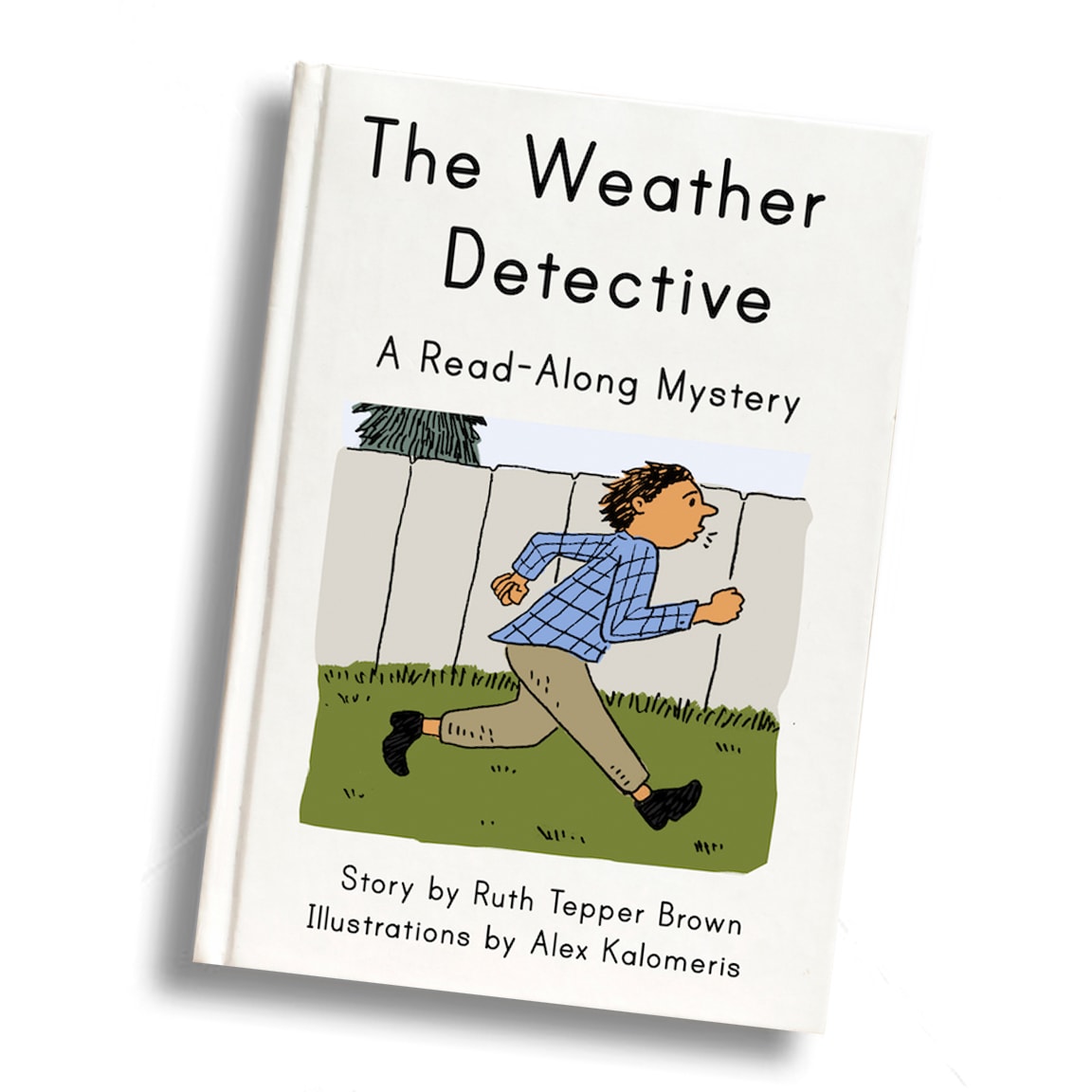Scroll for prep

Please wait…
This video is having trouble loading. You may have lost your Internet connection.
Step 1: Click to Reload this page
Step 2: Click to
Try our other video player
Step 3: Contact your teacher if trouble persists.
Or,
dismiss this message.

Please wait…
This video is having trouble loading. You may have lost your Internet connection.
Step 1: Click to Reload this page
Step 2: Click to
Try our other video player
Step 3: Contact your teacher if trouble persists.
Or,
dismiss this message.

Please wait…
This video is having trouble loading. You may have lost your Internet connection.
Step 1: Click to Reload this page
Step 2: Click to
Try our other video player
Step 3: Contact your teacher if trouble persists.
Or,
dismiss this message.

Please wait…
This video is having trouble loading. You may have lost your Internet connection.
Step 1: Click to Reload this page
Step 2: Click to
Try our other video player
Step 3: Contact your teacher if trouble persists.
Or,
dismiss this message.

Please wait…
This video is having trouble loading. You may have lost your Internet connection.
Step 1: Click to Reload this page
Step 2: Click to
Try our other video player
Step 3: Contact your teacher if trouble persists.
Or,
dismiss this message.

Please wait…
This video is having trouble loading. You may have lost your Internet connection.
Step 1: Click to Reload this page
Step 2: Click to
Try our other video player
Step 3: Contact your teacher if trouble persists.
Or,
dismiss this message.
You can tell if the wind is blowing just by looking out the window — if you know what to look for.
1) Listen to the poem “Who Has Seen the Wind?” as your teacher reads it out loud.
2) Observe and discuss: “Can you see the wind? Look out the window and tell me if it’s windy. How do you know?”
Advance to the next slide.
3) Here are some things that tell us that the wind is blowing.
- A flapping flag
- Fluttering leaves
- Dead leaves or dust blowing across the ground
4) Think about what it's like to be a tree in the wind. Stand up and pretend to be:
- a tree on a calm day
- a tree when the wind is blowing gently
- a tree when the wind is blowing really hard
Advance to the next slide.
Below is an idea for extending this topic beyond the activity & exploration you just completed.
- Lesson Assessment : Open-ended drawing prompt
- Two hundred years ago, a British Navy officer named Francis Beaufort made observations that told him how fast the wind was blowing. His observations became the Beaufort Scale. People still sometimes use the Beaufort Scale to estimate wind speed. You and your students can use this to estimate how fast the wind is blowing today.



